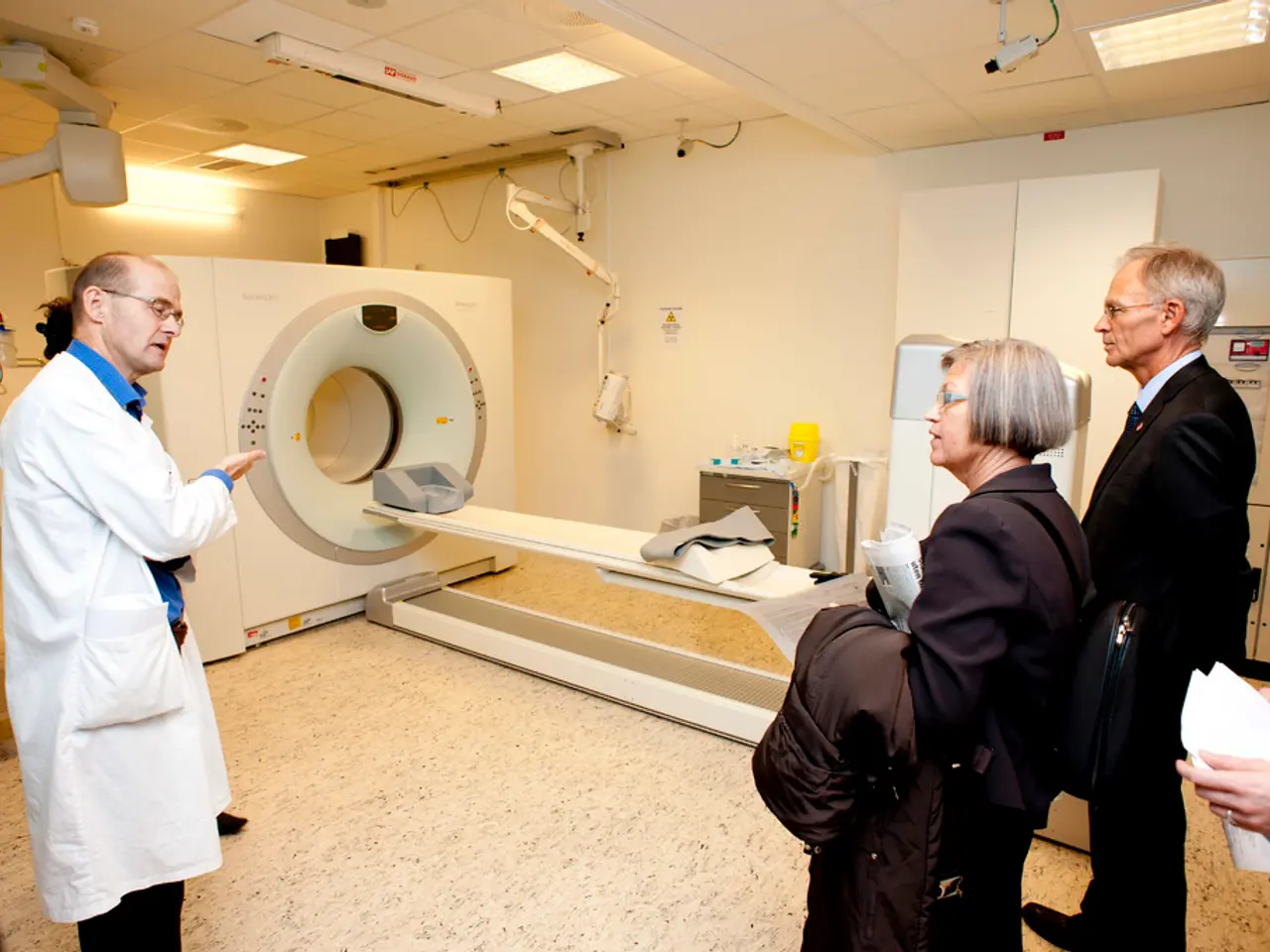Austin Duncan completed his education at NKU and the 'SNAP' program, a scheme that fosters aspiring nurse students.
St. Elizabeth Hospital's SNAP (Student Nurse Achievement Program) is a valuable resource for nursing students seeking hands-on clinical experience and a smooth transition from academic nursing education to professional practice.
The program, designed to equip nurses to be safe and proficient, offers a 12-18 month paid training experience that includes clinical experience in various healthcare settings. Students can shadow nurses in units like the Cardiac Intensive Care Unit and the surgical ICU, enhancing their learning and practice of nursing skills.
Eligibility and Levels
To be eligible for the SNAP program, students must be enrolled in an accredited nursing program. The program has three levels: student nurse 1, 2, and 3, each with specific requirements. Level one is for students who have completed their first clinical rotation in an accredited nursing program. Level two is for students in the last year of a four-year nursing program or the last term of a two-year program. Level 3 is for students who have completed 164 service hours as a student nurse II.
Benefits for Students
Participating in the SNAP program offers numerous benefits for nursing students. They receive paid work while learning clinical skills, gain real-world hands-on nursing experience in clinical settings like Intensive Care Units (ICU), and increase their confidence in nursing roles prior to licensure. The program also offers the opportunity for guaranteed employment post-graduation, depending on scholarship funding and program involvement.
Moreover, students get exposed to hospital operations and patient care responsibilities within St. Elizabeth Healthcare, providing a comprehensive understanding of the healthcare industry.
Success Story: Austin Duncan
Austin Duncan, a recent graduate from Northern Kentucky University, completed the SNAP program and worked at St. Elizabeth Hospital. He found the program to be a great resource in helping him explore various options for his nursing career and figure out where he wanted to specialize. He also expressed that the SNAP program helped him be more confident in his choice of specialization.
In addition to the SNAP program, Duncan received a scholarship from St. Elizabeth Hospital, further supporting his nursing education and career development.
For more information about the SNAP program and eligibility, visit St. Elizabeth Hospital's website.
- Nursing students enrolled in accredited schools in Kentucky, including Northern Kentucky, can apply for the SNAP program, an initiative that provides a 12-18 month paid training experience in various healthcare settings.
- The SNAP program, which focuses on education-and-self-development, health-and-wellness, and fitness-and-exercise, offers students the opportunity to learn and practice nursing skills in settings like Intensive Care Units (ICU) and increase their confidence prior to licensure.
- Online-education resources are not specified as part of the SNAP program, but students can potentially use these resources to supplement their classroom learning and gain a deeper understanding of nursing concepts.
- Success stories like that of Austin Duncan, a graduate from Northern Kentucky University, demonstrate the value of the SNAP program in providing students with a smooth transition from academic nursing education to professional practice, offering them guaranteed employment post-graduation, depending on scholarship funding and program involvement.




